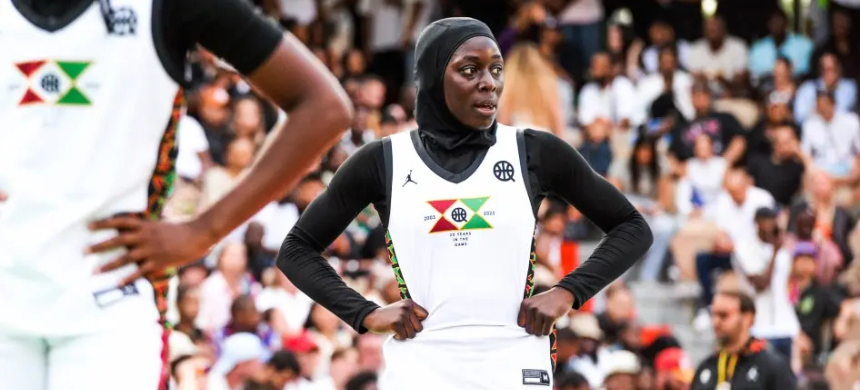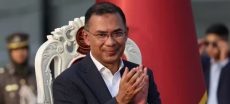France is moving closer to implementing a nationwide ban on religious symbols, including the hijab, in all domestic sports competitions. This proposal has raised significant concerns among female Muslim athletes, who may face a difficult choice between their sport and their religious beliefs if the law is passed.
Earlier this year, the French Senate passed the bill, and if it also passes the National Assembly, it will apply to both amateur and professional athletes. The proposed law would impose a blanket ban on “conspicuous religious symbols” across all sports, eliminating the current system where individual sports federations set their own rules regarding religious attire. While this would apply to all religious symbols, critics argue that it disproportionately targets Muslim women who wear the hijab.
Read More: France Bans Wearing Abayas in Schools
The French government argues that the ban on the hijab in sports is part of upholding the country’s secular tradition. Supporters claim it is essential for maintaining neutrality in public spaces and preventing extremism. However, many opponents view the law as an exclusionary move, further marginalizing Muslim women. Legal scholar Rim-Sarah Alouane points out that secularism should be about keeping the state neutral, not policing people’s personal beliefs, especially in sports.
France’s strict version of secularism, known as laïcité, has been a cornerstone of its political system for over a century. While it was initially designed to keep religion separate from state affairs, it has often been controversial, particularly in relation to Islam. In recent years, the country has implemented hijab bans in schools, restrictions on headscarves for public employees, and now, potentially, in sports.
With the final vote expected soon, the future of hijab-wearing athletes in France hangs in the balance. Some may opt to quit competing, while others could leave the sport entirely. However, many athletes are speaking out, not only to defend their right to participate but also to remind the public that sports are about inclusion, not exclusion.











